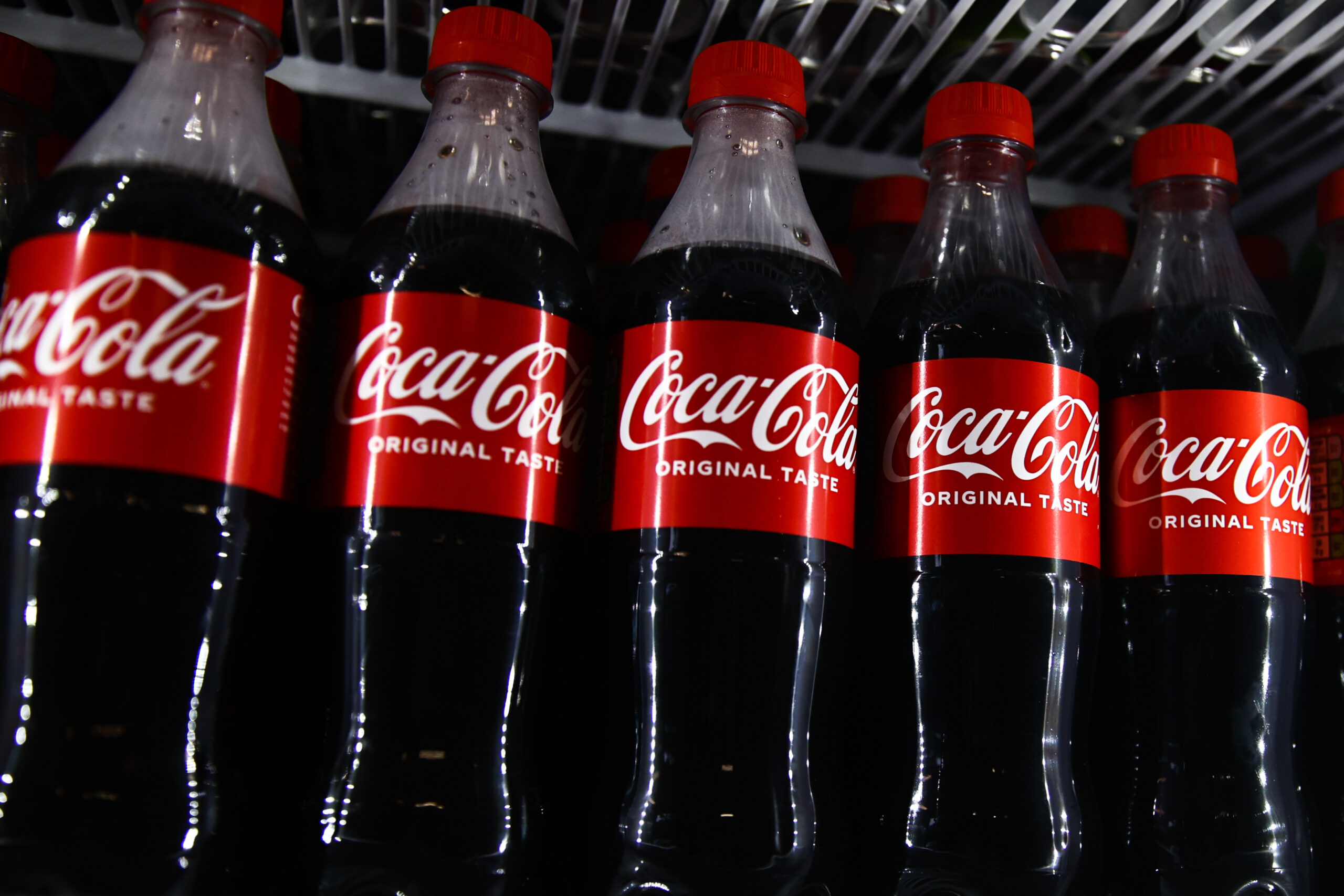Coca-Cola stock could leave new investors with a bad aftertaste.
Coca-Cola (KO 0.24%) has served as a popular holding in investors’ portfolios for over 100 years. The beverage company has achieved Dividend King status and remains a key holding in Warren Buffett’s Berkshire Hathaway portfolio.
Nonetheless, the current state of its business appears to have made stock price growth more difficult. So problematic are these challenges now that investors should not buy this stock for three critical reasons.
1. Sales are on the decline
Coca-Cola bulls probably liked that the $36 billion in net revenue for the first nine months of 2024 was a year-over-year increase of 2%. Still, in the third quarter, revenue fell by 1% as global case volume dropped by 1%.
The organic revenue numbers give cause for both optimism and disappointment. Organic revenue actually increased by 9%. Unfortunately, this occurred due to an average 10% increase in the price mix across its U.S. and international markets.
While that increase speaks to the pricing power of its products, it is also a cause for concern. In lower inflation environments such as the U.S., Coca-Cola has only limited power to raise prices, meaning revenue gains may not be sustainable.
Additionally, net income for the first three quarters of 2024 was $8.4 billion, a yearly decline of 3%. However, a $2.1 billion increase in other operating charges, primarily due to transaction losses, ultimately pressured the bottom line.
2. Dividend costs
The falling net income could cause concern about the ability to pay the dividend.
Fortunately, free cash flow is a more accurate determinant of dividend affordability. The company forecasts it will generate $9.2 billion in free cash flow during 2024. Still, the company paid $8.1 billion in dividend costs over the trailing 12 months, leaving little free cash flow available for other purposes.
Worse, the state of its dividend leaves little effective room to slash the payout. The dividend has increased annually for 62 straight years, and walking away from that streak could bring about a crisis of confidence in the stock.
At $1.94 per share annually, its dividend yield is 2.9% for new investors, well above the S&P 500 average of 1.25%. That yield can climb far higher for longtime holders, and Berkshire Hathaway is on track to earn a 60% effective dividend yield based on its original investment. Such cash returns are likely the main reason longtime shareholders continue to hold Coca-Cola stock.
3. Stock underperformance
The dividend costs and the high popularity of its payout may have also hampered the stock’s performance. As mentioned before, the small portion of free cash flow left after paying the dividend leaves little room for share repurchases or reinvestment in the company.
Moreover, the company lacks obvious places to find outsize growth. Its flagship product, Coca-Cola, has already expanded to every corner of the globe. Also, a backlash against soda may be limiting its organic growth.
Coca-Cola has long driven growth by expanding into other beverage types. More than 200 brands are now under the Coca-Cola umbrella, including Minute Maid, Dasani, and Topo Chico. Through Topo Chico, it has even entered the alcohol business.
Nonetheless, these other brands have failed to bring about rapid revenue growth. Consequently, the stock has underperformed the total returns of the S&P 500, and recognizing this, Warren Buffett’s team has not bought any additional shares since 1994. Without higher free cash flow, it is unclear what Coca-Cola can do to reinvigorate growth in its stock.
Owning Coca-Cola stock
Given the state of Coca-Cola stock, it is not a profitable holding except for its longest-term investors. As mentioned before, Berkshire Hathaway has long held the stock, and its dividend returns now amount to 60% of its original investment, making it an obvious hold.
Unfortunately, this is the only type of investor that profits from owning Coca-Cola. Amid struggling sales, high dividend costs, and lower-than-average stock performance, other types of investors have little incentive to set up a new Coca-Cola position. Without a dramatic increase in revenue or a massive reduction in the stock price, it is hard to justify adding shares at this time.

